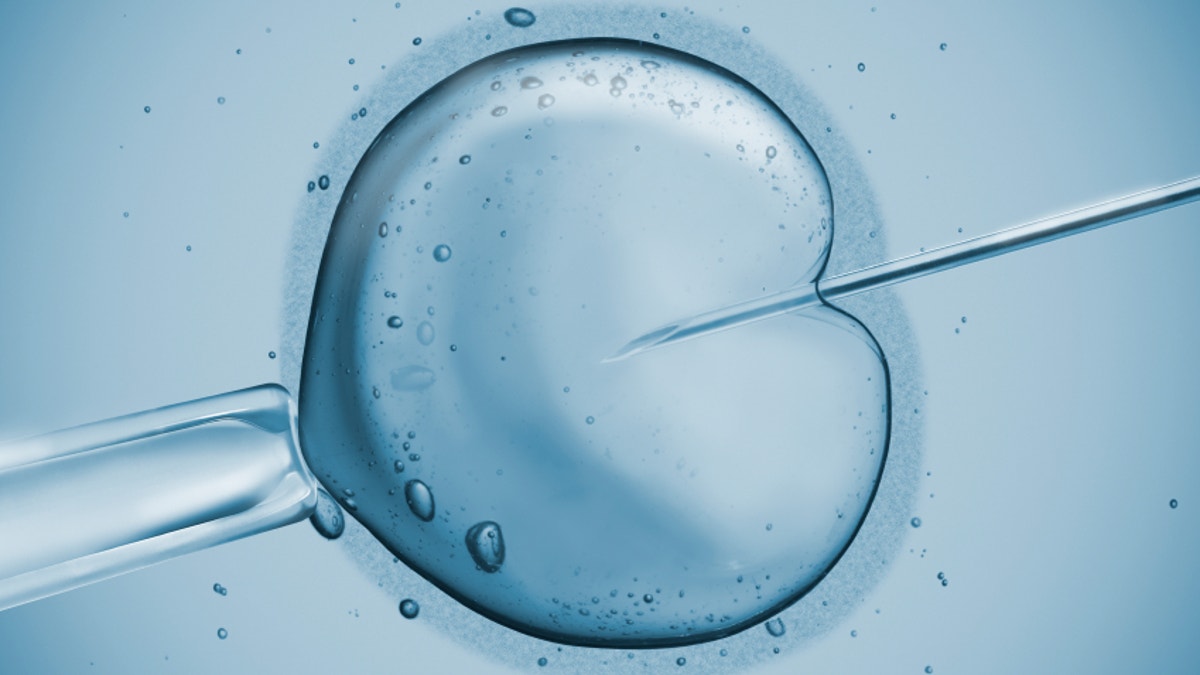
IVF treatment.
When news broke last week that two triplet-bearing surrogate mothers face legal battles with parents who want them to abort one of the fetuses, the spotlight returned to the pressing debate about whether to legalize commercial surrogacy in New York state — which could occur as early as next year. Critics claim that, if allowed, the move would tempt New York women to risk their health by “renting out” their wombs or donating their eggs. Cancer victim Maggie Eastman, a 34-year-old 911 operator from Seattle, is the subject of the documentary “Eggsploitation: Maggie’s Story,” produced by the Center for Bioethics and Culture network, a watchdog for the rights of surrogates and egg donors. Here she tells Jane Ridley her heartbreaking story about her time as a serial egg donor.
Waking up from the anesthesia, I sleepily ask the nurse how many eggs have just been harvested from my ovaries.
“You lit up like a Christmas tree!” she exclaims, referring to the ultrasound that showed I’d produced more than 20 for that particular retrieval.
Her remark might be crass, but I feel proud — it is good for my reputation as one of the clinic’s most prolific egg donors, helping infertile couples achieve their dream of having children.
Little did I know that this hyperstimulation of my reproductive system — caused by the estrogen injected into my body — was putting my health in jeopardy.
Now, 13 years after the first of my 10 egg retrievals over the span of a decade, I have been diagnosed with Stage 4 breast cancer. It has spread to my bones, lymph nodes and liver. I don’t know how much longer I have to live but, while I’m still on this Earth, I want to warn other young women that egg donation can come at a cost.
My experience began in 2002, when I was studying at Pacific Lutheran University in Tacoma, Wash. I met a woman at a party who worked at a nearby in vitro fertilization (IVF) clinic who said I’d make an ideal egg donor.
Infertility was close to my heart because some longtime friends had struggled with the condition. I loved the idea of helping desperate couples have babies of their own. Though the compensation was hardly a fortune at $1,200 per cycle, the money would help me buy books for school.
